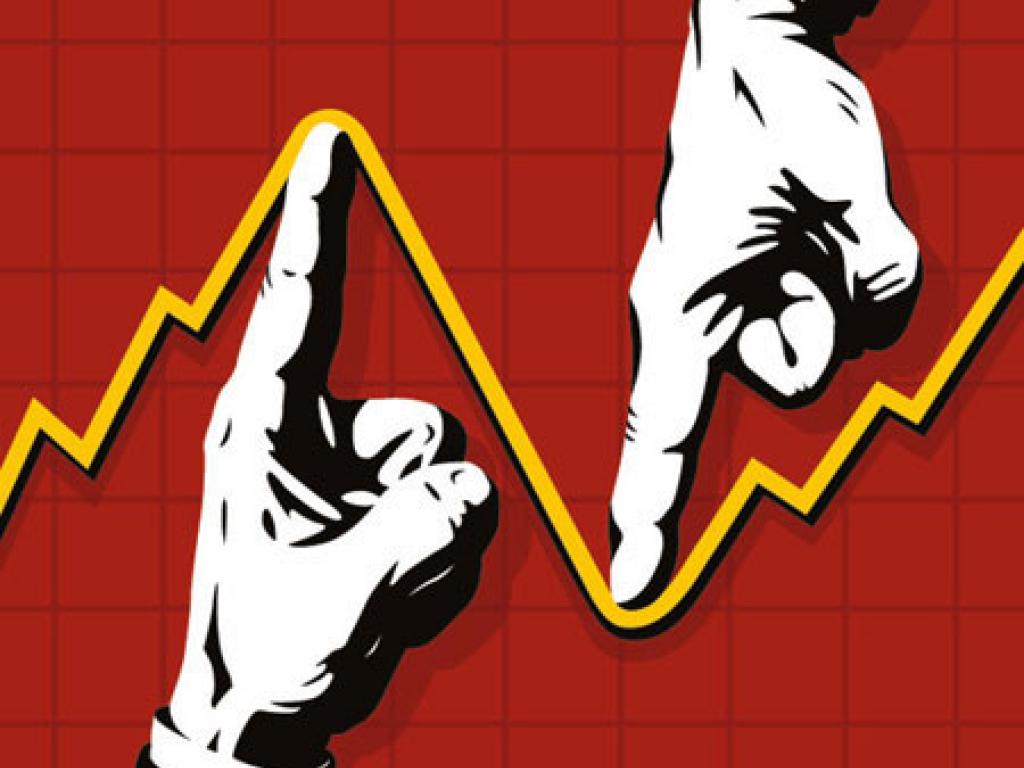Whenever we are surprised by something, even if we admit that we made a mistake, we say, ‘Oh I’ll never make that mistake again.’ But, in fact, what you should learn when you make a mistake because you did not anticipate something is that the world is difficult to anticipate. That’s the correct lesson to learn from surprises: that the world is surprising.
This is one of those things that most people agree with but find impossible to put into practice.
What was the biggest lesson of the 2008 financial crisis? A few popular ones I’ve heard:
- Banks use too much leverage.
- Consumers don’t understand complicated mortgage products.
- We need more (or less) regulation on derivatives and better accounting rules.
They’re all specific to the 2008 financial crisis, and implicitly offer advice on how to avoid a future financial crisis.
Which makes sense. People want to learn their lesson so they don’t fall for the same mistakes next time.
But that’s a hard way to learn a lesson. Learning specific lessons are only relevant if the next financial crisis is caused by the same thing as the last one. But it almost never is. The next recession is rarely like the last recession. The next bubble is rarely caused by the same forces as the last one. So the specific lessons we learn from each crisis may not help us avoid or navigate the next one.
You can see people falling for this error all the time. In an interview with The Motley Fool, Jason Zweig of the Wall Street Journal said:
I often like to say that people are too good at learning lessons, and the lesson that people should have learned after the Internet bubble burst in early 2000 was that day trading is a really bad idea. But people are too good at learning lessons, so they learned an overprecise lesson, which was that day trading *Internet stocks *is a really bad idea. So in recent years we see the same people who day-traded internet stocks going into day-trading foreign currency.
In the 1990s people were so busy trying to predict the next crash of 1987 that they missed the internet bubble.
In the 2000s people were so busy trying to predict the next internet bubble that they missed the financial crisis.
Now people are so busy trying to predict the next financial crisis that they’re almost certainly missing whatever will cause the next crash. (I don’t know what it’ll be. Neither do you.)
Here’s the problem: We want to think the economy and stock market are rational, like a machine. They’re easier to stomach if we view them that way. Since we think of them as rational we think they should move in predictable patterns. And if we think they move in predictable patterns we assume we can get better by avoiding tomorrow what didn’t work yesterday.
But markets aren’t rational machines. They’re adaptive and emotional. They have moods and tastes. They change. Since what hurt us yesterday isn’t likely to be what hurts us tomorrow, you can spend a lifetime “learning lessons” without those lessons leading to better outcomes.
That isn’t true of, say, airplanes. Airplanes are machines that operate in predictable patterns, so after each crash we can figure out what went wrong and implement a fix that will actually make flying safer – since, say, a poorly designed vertical stabilizer that caused one crash is likely to cause another. The NTSB is extremely good at correcting these errors, which is why flying has gotten so much safer.
But airplanes don’t have lobbyists, hormones, bonus incentives, or off balance-sheet trading entities. They don’t have tastes, and they don’t adapt. They don’t dangle nine-figure paydays in front of pilots who figure out how to skirt and exploit new regulations.
Markets and economies do. And since they do, no two recessions, bubbles, bear markets, or meltdowns are even remotely alike.
This doesn’t mean we can’t improve our decisions. We just have to be more humble about our lessons.
The most useful lesson from the 2008 financial crisis is that big risks hide under your nose and cause more havoc than you imagined, so having more room for error in your finances than you think you need is a smart idea. Less reliance on forecasts, more time to wait things out, a greater willingness to accept lower returns than you’d prefer.
That’s broad and unspecific. But being broad an unspecific makes it more likely to be relevant to the next crisis.
The original article is authored by Morgan Housel and is available here.






